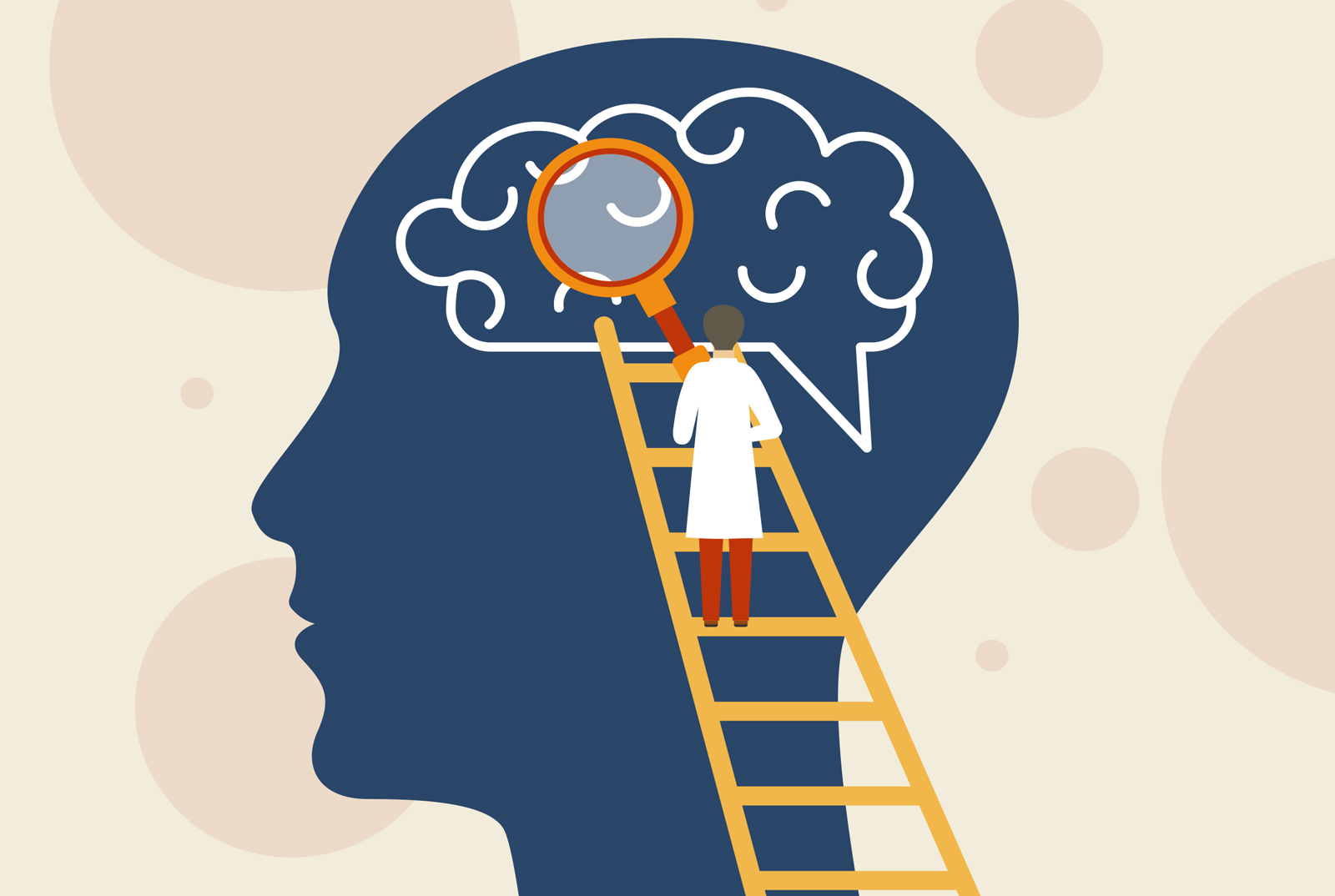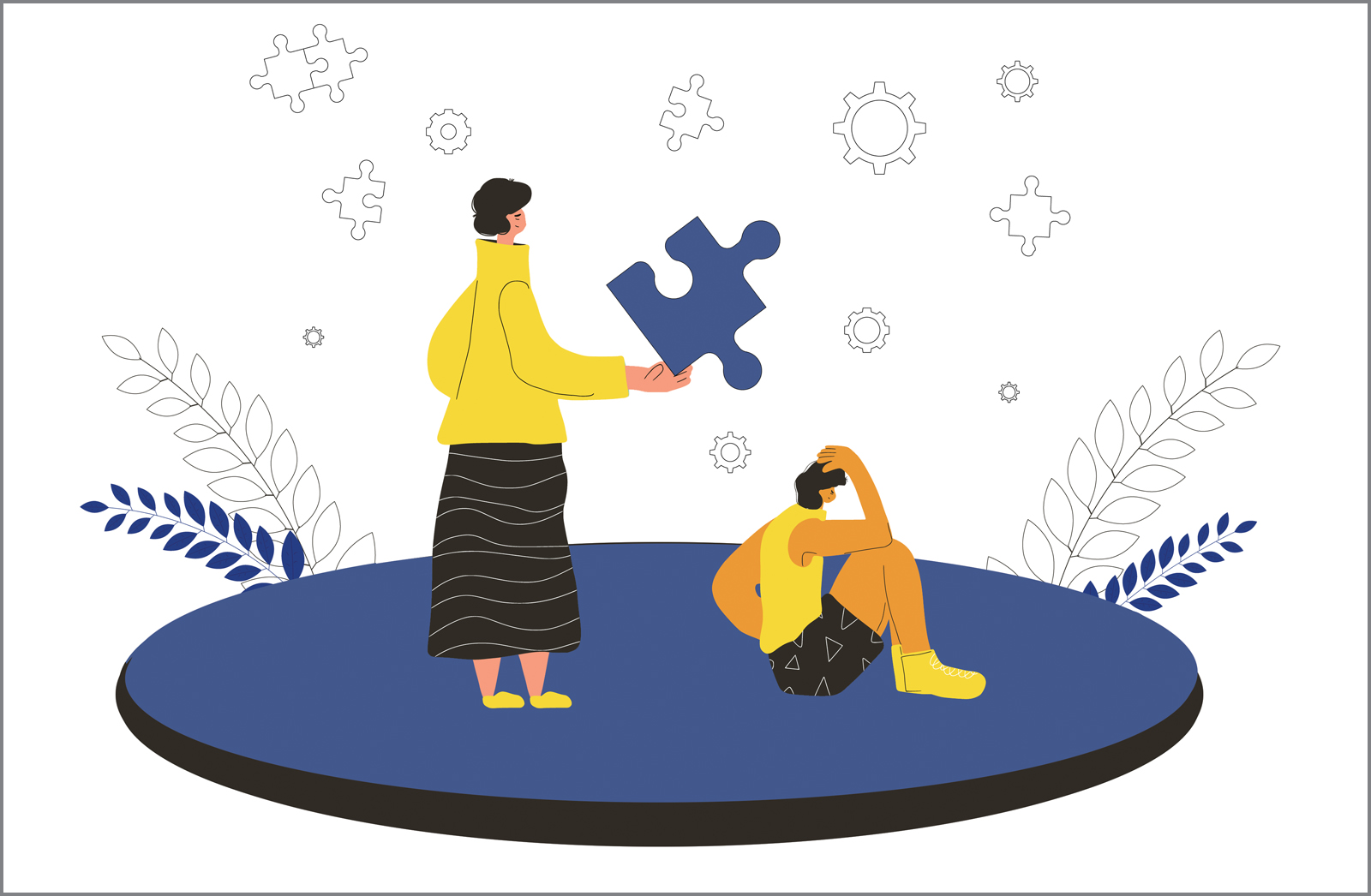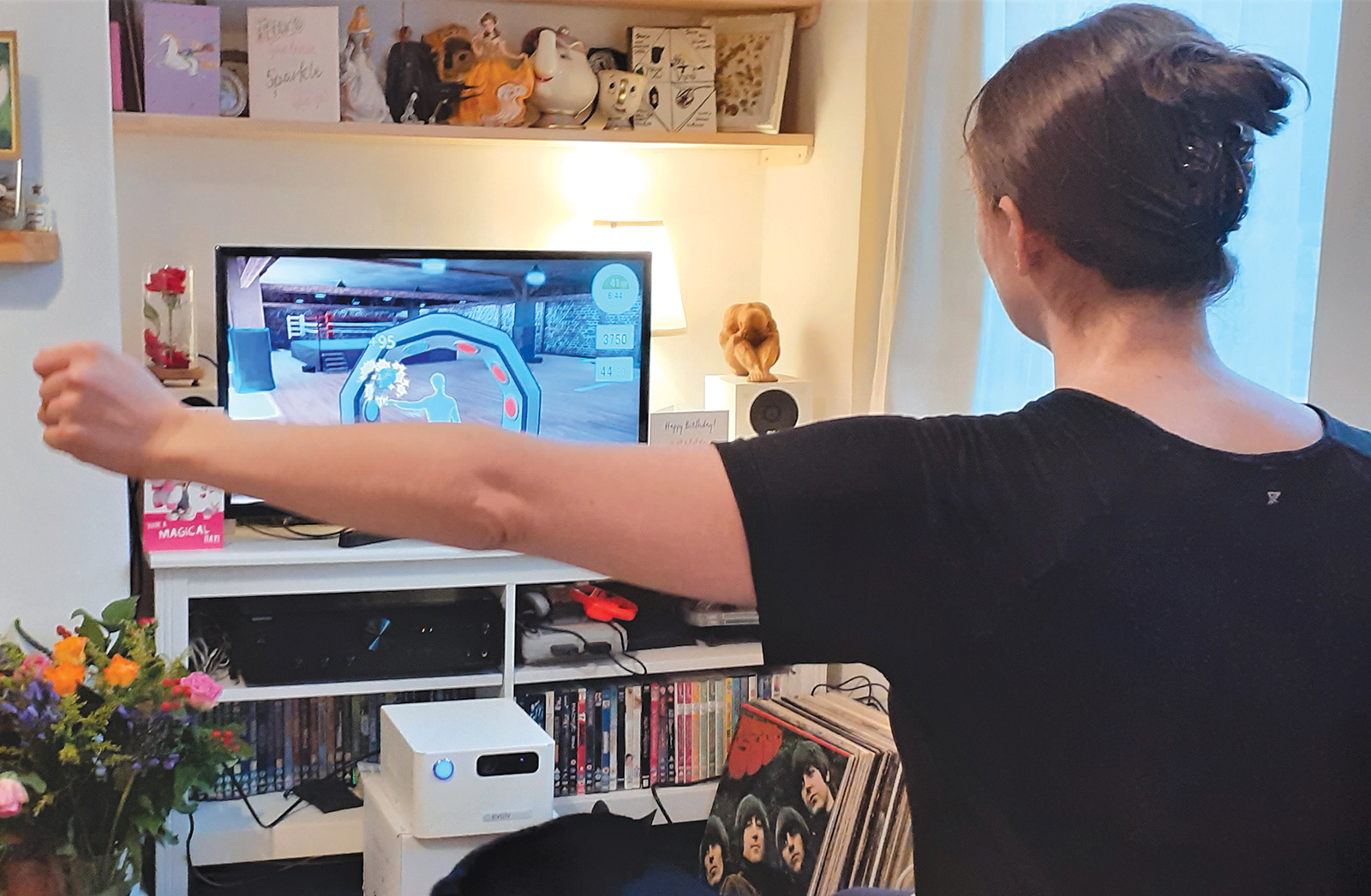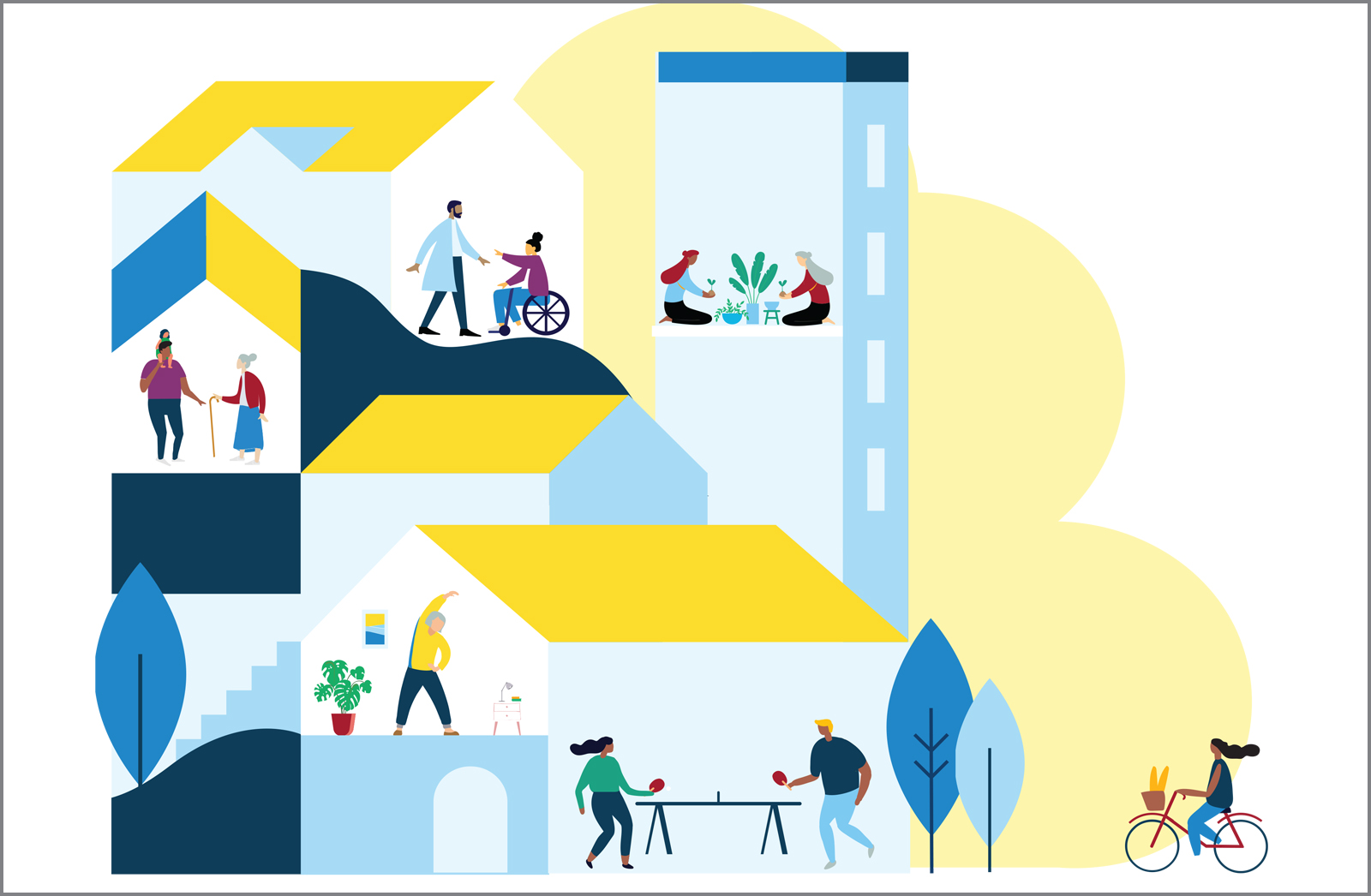Concussions are a type of brain injury caused by a blow to the head, face, neck, or body that causes the brain to move rapidly inside the skull.
For adults aged 65 and older, the most cause is related to a falls that results in a head injury. Other common causes include car crashes, hitting the head on an object, or physical assault.
Signs and symptoms
A person doesn’t have to lose consciousness after a head injury to have a concussion. Signs can include:
• Difficulty concentrating
• Memory issues
• Feeling mentally “foggy
• Headaches
• Dizziness and nausea
• Sensitivity to light or sound.
Emotional changes like irritability or anxiety and changes in sleep patterns are also common. As a caregiver be alert and if you notice any of these symptoms it’s important to obtain medical attention for the person in your care.
Don’t ignore red flags
Severe headaches, repeated vomiting, seizures, double vision, or a loss of consciousness are considered serious red flags that require immediate emergency care. This is especially important for anyone taking blood thinners, as their risk of internal bleeding is higher.
Recovery tips
It can take weeks or months after a head injury to recover and healing often takes longer for older adults. Your doctor may order a CT scan to rule out serious complications like brain bleeding. Recovery includes rest, hydration, nutritious food, light physical activity, and staying socially connected.
One step at a time
You don’t have to wait until all symptoms are cleared up to return to activities you enjoy, but taking a gradual approach is what’s advised. Start with light tasks, like cooking or going for a walk, and slowly increase activity levels. Watch for signs that symptoms worsen and consult your healthcare provider if they do.
Prevention
To reduce your risk of future concussions, prioritize fall prevention. Suggestions include using mobility aids, installing home safety equipment, and staying physically active to build strength and balance. Talk to your doctor or pharmacist about your medication mix and side effects that may increase your risk of falls.
parachute.ca/en
For additional resources and a guide, visit: info@parachute.ca
Image: iStock











